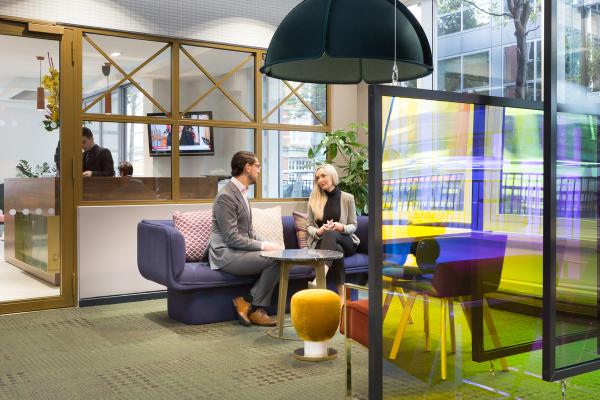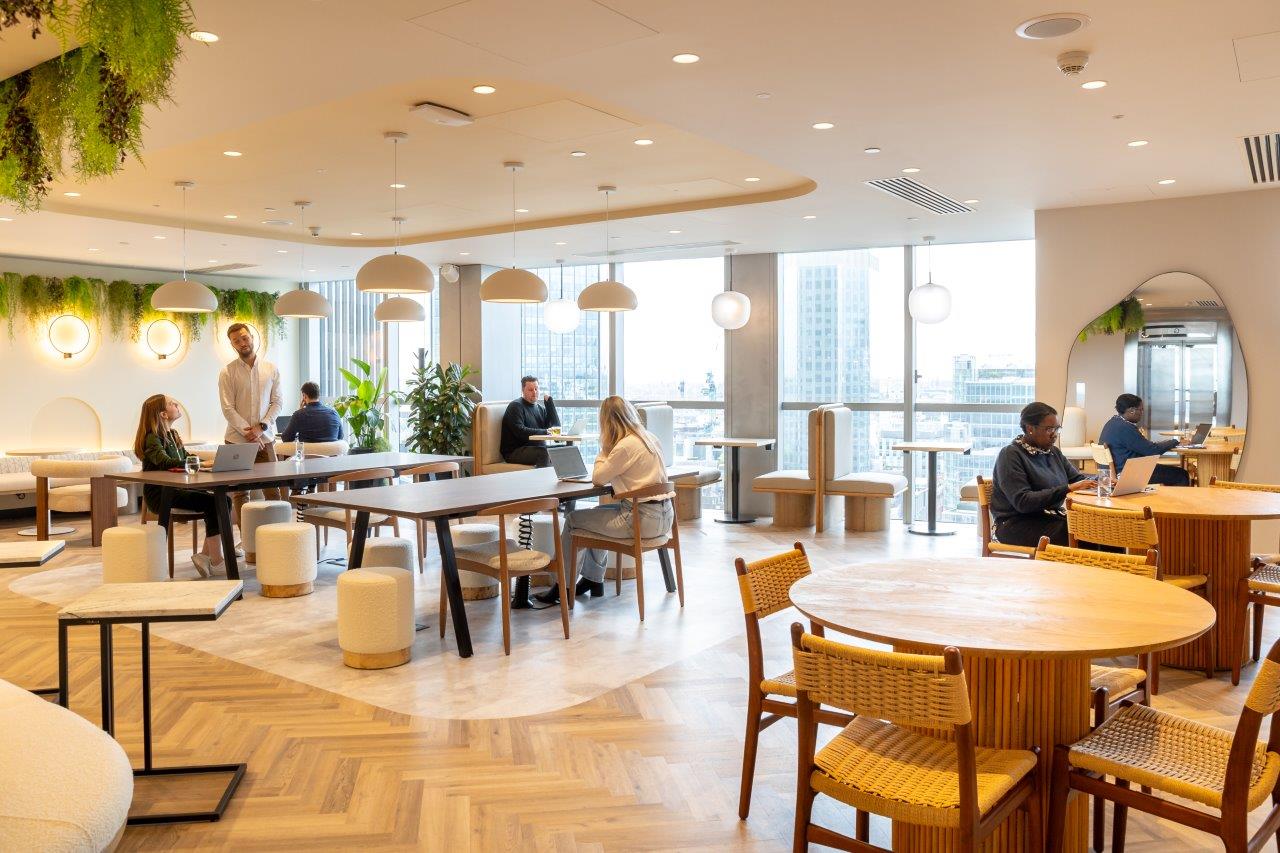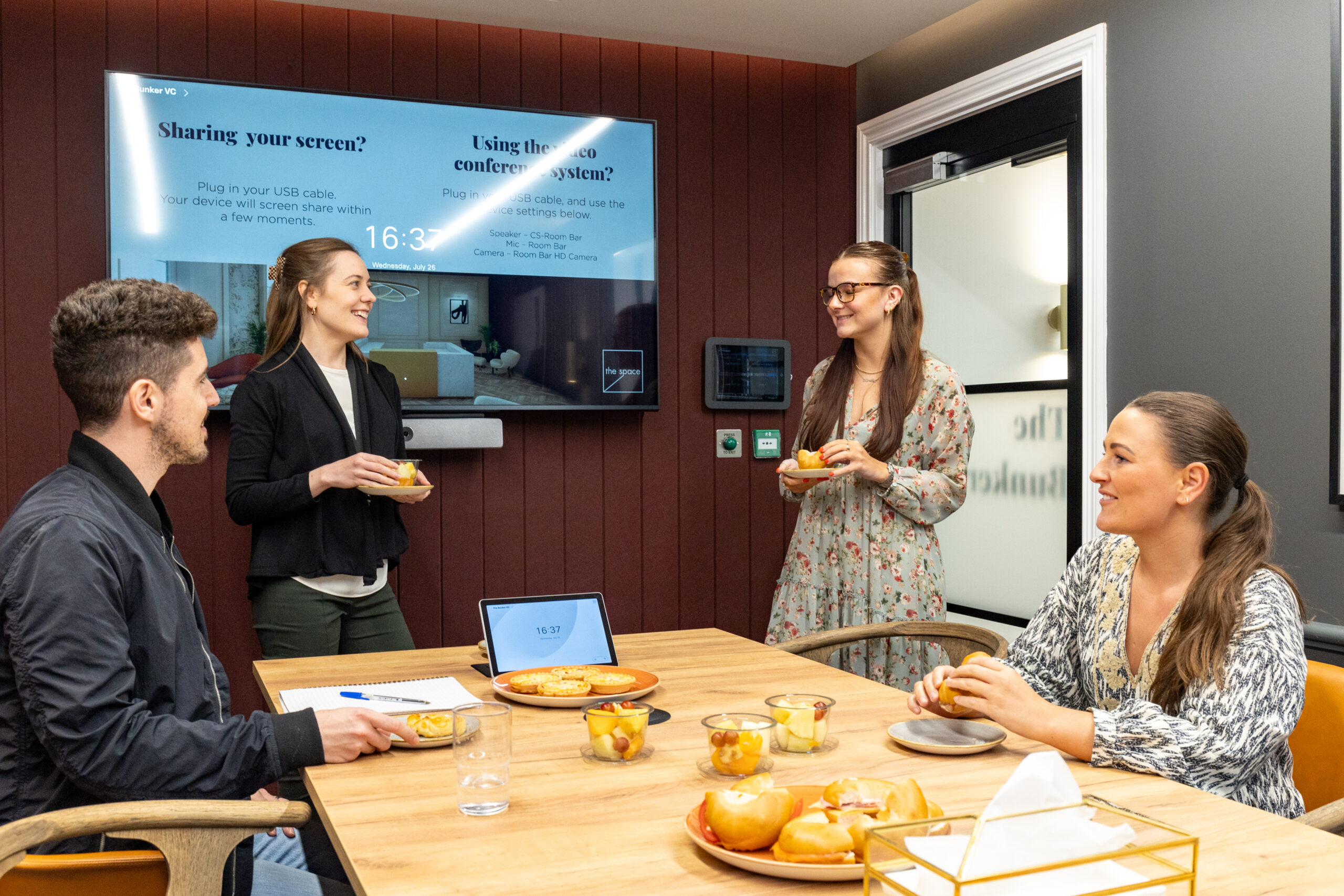Bungee Programs – Should your company do it?
19th August 2017

Staff turnover costs UK businesses £4.13bn each year. Not only that but having to constantly hire and train new staff is a time-consuming hindrance that is harmful to productivity. However, it is a trend that looks set to continue as millennials start to make up a larger percentage of those in employment.
By 2020, millennials will make up 50% of the global workforce and their noncommittal attitude to employment is definitely a problem. Millennials are more likely to change jobs than previous generations, staying at a company for an average of just 2.5 years for the first decade of employment. Millennials aren’t even more likely to stay in a job even if they are offered an increase in wage.
As businesses try and find answers, some think they have already found one. A report by Tinypulse found that employees who have access to professional development are 10% more likely to stay with their company. Bungee programs could be a way to encourage development and in turn lower staff turnover and keep employees happy, so is it time your company starts one?
What is a bungee program?
Like many innovative workplace practices, bungee programs can be traced back to Google. The tech giant’s bungee program encourages employees to take part in temporary job placements, preferably in a department very different from the one they just came from. This gives Google employees an opportunity to challenge themselves and push their boundaries without leaving the company.
Bungee programs have been said to increase employee loyalty at the company that in 2013 famously had some of the least loyal staff in the US. However, Google also offers a wide array of benefits to employees such as free haircuts, gyms, swimming pools, ping pong tables, football tables, video games, and even massages; so why wouldn’t employees be happy there?
Inspired by Google, Hootsuite has decided to introduce their own version of the bungee program. CEO Ryan Holmes wrote on Linkedin that he “wondered if we could flesh out a more robust version of this—with clear rules and guidelines—in our own company”. He named this altered recipe for employee loyalty the ‘stretch program’.
How is the stretch program implemented?
In Holmes’ view, it’s not a particular skill set that sets good employees apart. For Holmes, good employees are good employees, their professionalism and enthusiasm will benefit other departments too, so even if they decide the new role doesn’t suit their skillset, the process would still be beneficial.
Therefore he introduced certain caveats that the employees must reach to qualify for the stretch program: “Participants need to be performing at or above expectations already, based on performance reviews—success in one role is a powerful predictor of success elsewhere, after all—and to have been with the company for at least a year.”
Employees at Hootsuite would also spend four of their current days doing their current role and one day in the new department. Each stretch program lasts three months. By doing this, not only does it supposedly help keep the employees loyal and content at the company, but it also strengthens the overall workforce if they do actually decide to leave.
What are the alternatives to bungee programs?
Sometimes employees do just want a change of scenery and this doesn’t always have to be a bad thing for businesses.
Boomerang hires involve employing someone who has previously left your company. These employees will take less time to get up to full swing of things, and may have acquired other skills elsewhere that they wouldn’t have nurtured doing their previous job with your company. A new hire only gets a glimpse into the organisation’s way of life before accepting an offer whereas boomerang hires factor in company culture in their conscious decision to re-join.
Alternatively, you could help keep your workers content by encouraging flexible working schemes. You might even want to move your whole business out of the office and work temporarily from serviced offices. This could be a feasible way for certain types of business and could increase employee loyalty.

